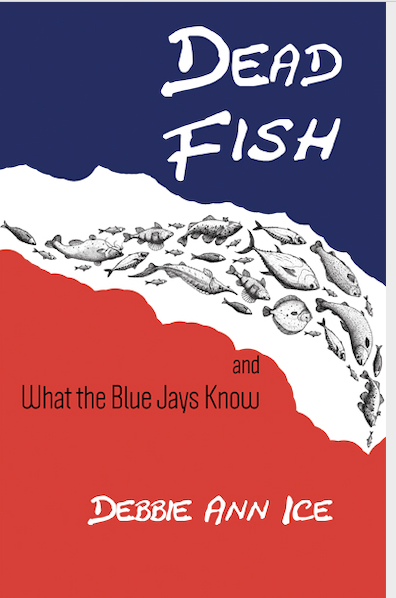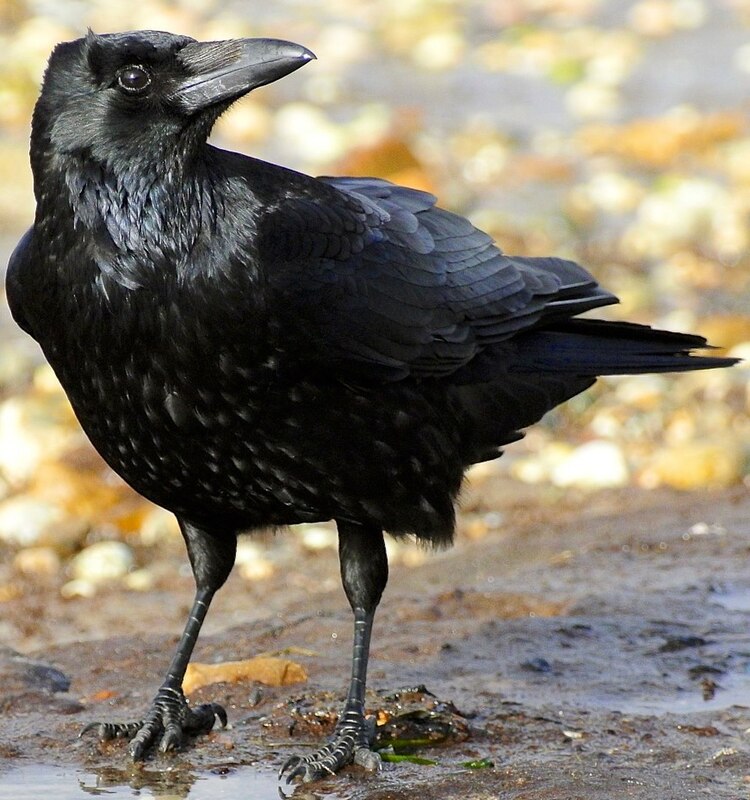|
First.... more babies! I helped these geese protect babies back when the swan monster tried to kill them. The parents brought them back the next day--when they were very little. Today they're back. Now with their adolescents, or maybe tweens. I don't know. They're bigger.
Nesting season is fun because of all the babies. Water fowl have all kinds of hazards because they lay their eggs on land, where predators are everywhere. But tree nesters also have predators. Hawks, raccoons are a constant threat. Snakes. And, well, sadly us humans. Particularly humans who run utilities that cut down trees during nesting season. --TREE CUTTING DURING NESTING SEASON Utilities that trim their trees or cut them down when it's convenient for them like during nesting season are engaging in reckless, cruel behavior. Even if the nest is moved during this time, usually the babies do not survive, because they are placed upon the ground. The parent birds will try but usually it's hopeless. Private property owners sometimes cut trees during nesting season. We usually do not regulate private property owners and some of them don't understand the importance of nesting to our ecosystem. We can only try to convince them to try to see themselves as living among the wildlife, not in spite of the wild life. But utility companies serve communities, are regulated, create enormous societal costs. They should know better. I have already put up articles on the decline of birds, but I will once again put up an article by the about a 2019 study that found significant drops in bird population since 1970. 1 in 4 birds disappeared. And the drop was in several common, everyday backyard birds we are all used to seeing. Juncos. Warblers. Blackbirds. Even finches. Dropping in population fast. Of course, the biggest contributor to the bird decline are cats. Then humans. Windows. Planes. And utility companies who display no concern for their societal and environmental damage when they aggressively trim trees or destroy trees in May and June. Like Eversource. Eversource announced back in April they were going to aggressively trim trees to prevent extended outages. We have a history of bad storms causing long outages. That's because we have an arboreal landscape. Eversource, however, also said they would be cutting down 100 trees. Healthy trees. These trees, they suggested, were hazardous to lines. First trees. Did you know the average tree absorbs 330 pounds of carbon dioxide? Even if you plant trees to offset this carbon footprint, that new tree takes at least a decade of growth to catch up. But, OK, maybe the utility company is in a bad position. They have to cut trees to prevent storm damage. It's a cost, and new plantings will not immediately offset this cost, but they have to do it. We all get this.... But here's the deal.... SOME UTILITIES, LIKE CONNECTICUT'S EVERSOURCE, ARE CUTTING DOWN TREES DURING NESTING SEASON! MAY AND JUNE! There is no excuse for this horrendous tree management. And when I called Eversource's PR representative and asked why they were cutting trees during May and June, her standard reply ("we follow all environmental guidelines") revealed no thoughtful understanding of why nesting season tree destruction should be avoided. She did not appear to understand the problem with bird population declines and how the risk of nest destruction could impact migratory populations all over the Eastern coast. They probably try to save nests, as I believe it's illegal to destroy nests, but unless they avoid taking down the tree, chances are high a moved nest will be nonproductive. I called legislators too, and one promised to talk with Eversource. But today, June 11, Eversource put out another press release, now claiming they are doing EMERGENCY tree trimming and cutting. Apparently the trees are dangerously close to the wires and they just noticed this. So now it's an emergency. Somehow back in April when they first announced the aggressive tree trimming, it was not an emergency. Now that neighbors have protested tree cutting, it is an emergency that has to be done right away. So, instead of assuring the community they are doing everything possible to consider environmental damage--maybe planting new trees, or checking trees for nests before cutting them down--they seem to be doubling down. It has to done right away because it's now an emergency. (if it is indeed an emergency, could this not have been predicted months ago?) We're already suffering from impact of the utility and energy industries' neglect of their impact upon global warming. Years of lobbying to keep regulation at bay, allowed them to continue to spew CO2 into our atmosphere. I was an bond utility analyst during the years when action could have alleviated our current global warming situation. I met with some companies who spent millions and millions on lobbies to stop regulation. It was way off in the future, didn't impact anything in the current, some even laughed at the "tree huggers." Some of the companies had good points--one being that US utility pollution control on a per BTU basis was quite competitive. Certainly the biggest polluter was (and is, although they are turning it around) China. But our growth still resulted in significant nominal contribution of global environmental damage. In my opinion, utility executives who were sincerely concerned about the environment, who did not laugh or suggest environmentalists were "tree huggers", who did not spend an inordinate amount of money on lobbyists, usually lead well-run, efficient energy companies. They tended to be excellent nuclear operators, and had good relationships with regulators. If you are reading this and think, well, this is Connecticut's problem. They have a utility company who disregards wildlife. No, it's not just Connecticut's problem. Migratory birds fly south in the fall and back here to nest in the spring. Some fly west and then back here to nest. Birds are everywhere. They belong to all of us. What Eversource is doing to nests here will impact the entire Eastern coastal territory. Call them. Call your legislator. Force utilities to care about our bird population. Maybe they should read the article below. Click on the crow below to read about the decline in birds.
0 Comments
Leave a Reply. |
AuthorI like to write about people, animals, dogs. I enjoy ideas, good books about ideas, funny books about ideas, funny people who have ideas, advocates for people who don't have voices to express their ideas, and animals who have ideas we can't understand. Archives
November 2021
Categories |


 RSS Feed
RSS Feed